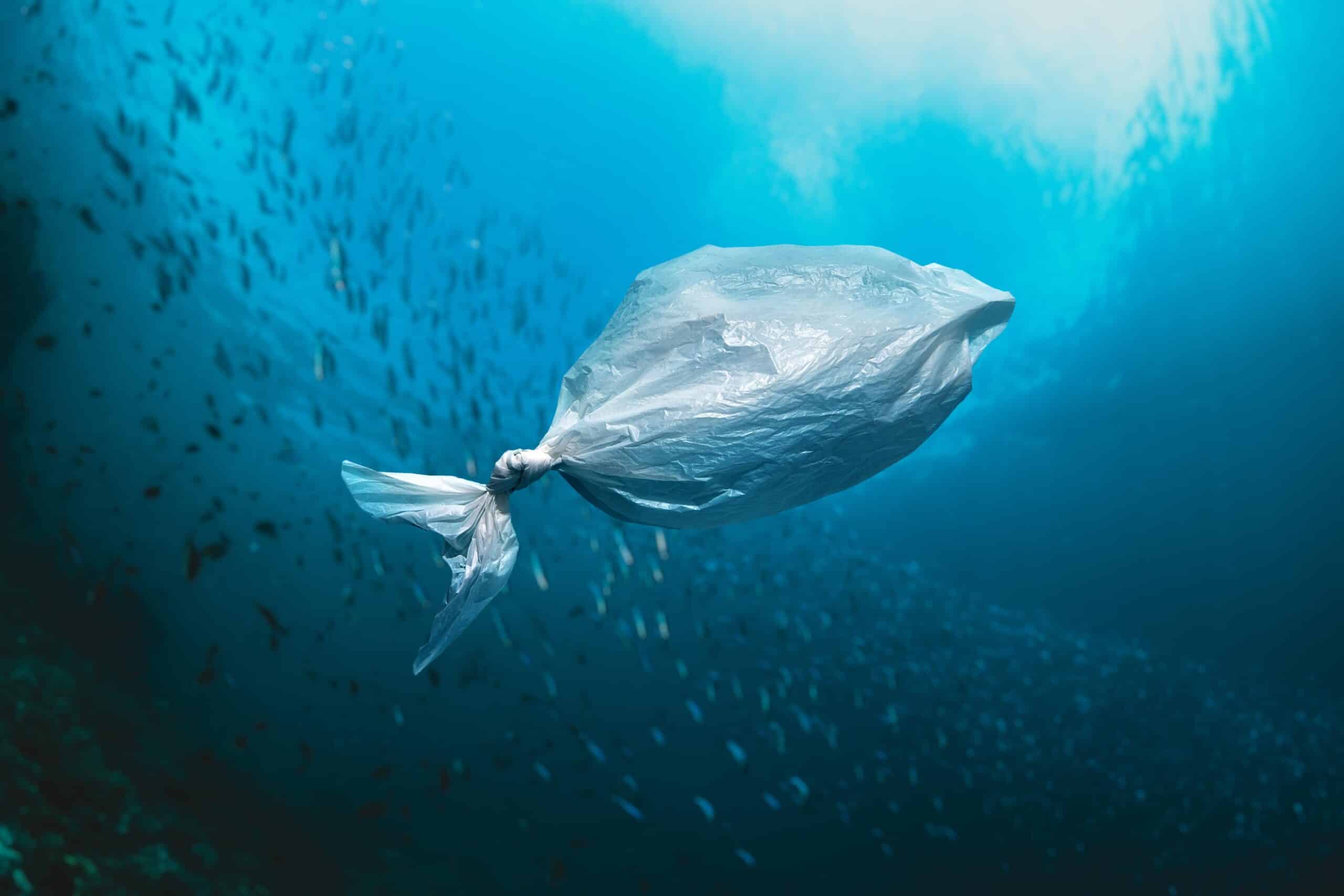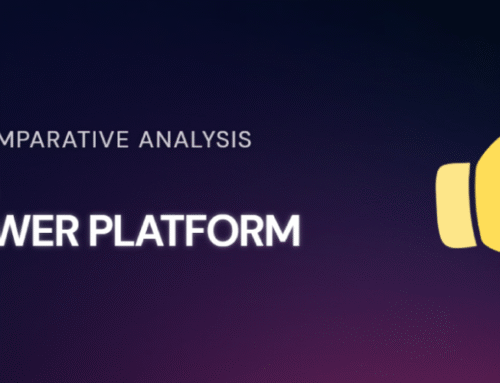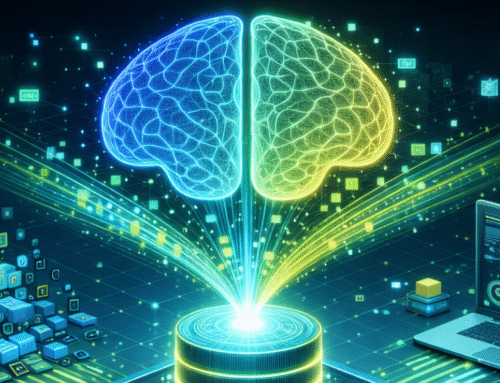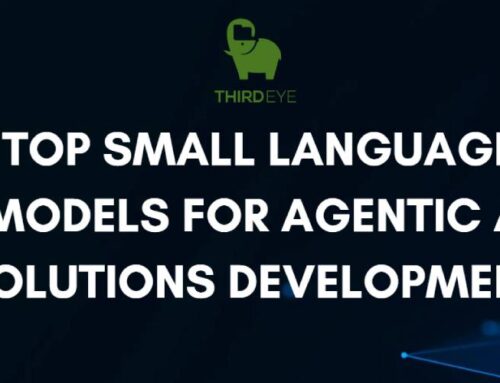How AI is helping us become a plastic-free Earth
Plastic pollution is a global problem that is harming our oceans, wildlife, and even our own health. But there is hope. Artificial intelligence (AI) is being used to develop innovative new solutions that could help us to become a plastic-free Earth.
AI can be used to:
- Improve waste management: AI can be used to automate waste collection and sorting, which can help to reduce the amount of plastic that ends up in landfills or incinerators. AI can also be used to develop new recycling technologies that can more efficiently turn plastic waste into new products.
- Design more sustainable packaging: AI can be used to design packaging that is easier to recycle or compost, and that uses less plastic overall. This could help to reduce the amount of plastic that ends up in our environment.
- Reduce plastic production: AI can be used to identify new sources of plastic pollution, such as micro-plastics in the ocean. AI can also be used to develop new materials that can replace plastic. These new materials would be more sustainable and less harmful to the environment than plastic.
- Clean up plastic pollution: AI can be used to develop new robotic cleaning systems that can more efficiently remove plastic pollution from the environment. AI can also be used to use drones to monitor and clean up plastic pollution in hard-to-reach areas.
Here are some specific examples of how AI is being used to address plastic pollution:
- The Plastic Bank: This company uses AI to track plastic waste in developing countries and to help people recycle plastic for money.
- The Ocean Cleanup: This organization is using AI to develop robotic systems that can clean up plastic pollution in the ocean.
- Loop: This company is developing a new system for delivering products in reusable packaging.
These are just a few examples of the many ways that AI is being used to address plastic pollution. As AI technology continues to develop, we can expect to see even more innovative and effective ways to use AI to solve this global problem.
The future of plastic pollution
The future of plastic pollution is uncertain. On the one hand, plastic production is increasing at an alarming rate. On the other hand, there is a growing movement to reduce plastic pollution and to develop more sustainable alternatives to plastic.
AI has the potential to play a major role in shaping the future of plastic pollution. By developing innovative new solutions, AI could help us to reduce plastic production, improve waste management, and clean up plastic pollution that has already occurred.
If we are to become a plastic-free Earth, we will need to make use of all the tools at our disposal. AI is one of the most powerful tools that we have, and it has the potential to make a significant difference.
What can you do to help?
There are many things that you can do to help reduce plastic pollution. Here are a few ideas:
- Reduce your use of single-use plastics: This includes items like plastic bags, straws, and water bottles.
- Recycle and compost as much as possible: This will help to keep plastic out of landfills and incinerators.
- Support businesses that are committed to reducing plastic pollution: This could include choosing to shop at stores that use sustainable packaging or that offer refillable products.
- Get involved in your community: There are many ways to get involved in the fight against plastic pollution. You could volunteer with a local environmental organization, or you could start your own campaign to raise awareness about the issue.
Every little bit helps. By making small changes in our everyday lives, we can all help to make a difference.





